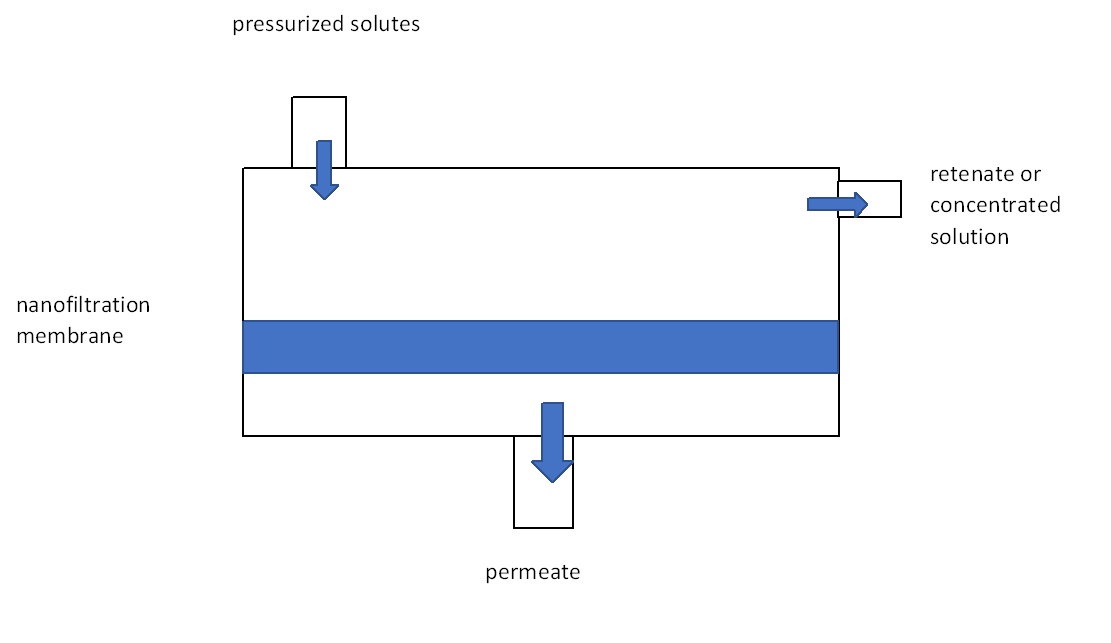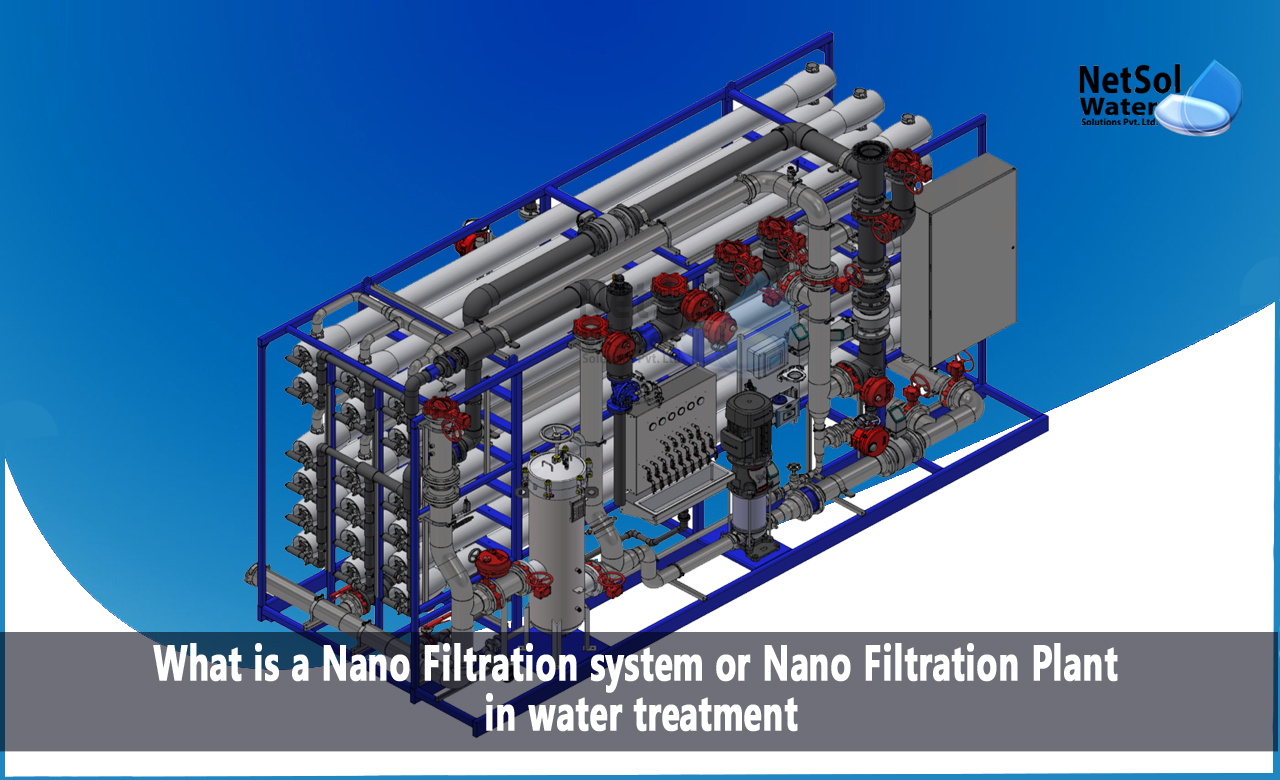What is filtration?
Filtration is a physical separation procedure that uses a filter medium with a complicated structure that only allows fluid to pass through it to separate solid particles and liquid from a combination. Filtrate is the term for the liquid that passes through the filter medium and is used to describe solid particles that are too large to pass. Larger-than-average particles have the potential to blind the filter by blocking the filter lattice and forming a filter cake on top of the filter. The term "effective pore size" refers to the size of the biggest particles that may successfully pass through a filter.
The separation of solid and fluid is not perfect; depending on the pore size, filter thickness, and biological activity, some fluid will contaminate the solids, and the filtrate will contain small particles. There are biological, geological, and industrial kinds of filtering that take place in both natural systems and those that are created.
In addition to removing particulates from a fluid stream, filtration also refers to biological and physical systems that eliminate chemical species and living things by entrainment, phagocytosis, adsorption, and absorption. Slow sand filters and trickling filters are two examples.
What is a Nano filter or Nano filter plant in water treatment?
Nanofiltration is a filtration process employing a nano porous membrane which is used in water with low total dissolved solids. In addition to sanitizing it by retaining organic content, the goal is to remove polyvalent ions.
Nanofiltration (NF) is one of the four membrane technologies that utilize pressure to achieve separation of pollutants from water bodies. The other three are reverse osmosis (RO), microfiltration, and ultrafiltration. Each of these methods makes use of semi-permeable membranes with the capacity to reject (hold back) dissolved and/or suspended particles from a water stream containing these pollutants.
For simultaneous concentration and partial (monovalent ion) demineralization in food processing applications like dairy, nanofiltration is also becoming increasingly popular.
How Does Nanofiltration Work?
The process through which the feed stream can pass through the membrane is referred to as a "transport mechanism." There are two basic theories used in the nanofiltration membrane.
(1) Theory of Sourirajan sorption at the surface capillary flow
(2) Theory of solution-diffusion
According to Theory 1, the nanofiltration membrane exploits the sorption and desorption processes as part of the transport mechanism. It shows how charged solutes that may even be smaller than the membrane pores themselves are excluded due to the preferential sorption of water across the membrane and the desorption of multivalent ions.
Theory 2 defines the nanofiltration membrane as a porous film where water and a solute (ion) dissolve in order to explain the transport mechanism. The solute then flows in accordance with the concentration gradient, and the solute's transport is governed by convection and restricted diffusion.

Applications for Nanofiltration:
Nanofiltration is frequently used for the following purposes:
1. Food, dairy, and beverage goods and byproducts are desalinated.
2. Whey, UF permeate, or retentate may be partially desalinated as necessary.
3. Desalination of optical brighteners and dyes
4. Chemicals used in clean-in-place (CIP) processes are cleaned up
5. Food goods that have had their colours altered or reduced
6. Food, dairy, and beverage goods or byproducts concentrated
7. Concentration of fermentation byproducts.
Do you need an advice or assistance on selecting the best water and waste water treatment unit? We have solutions for all your problems!
Let us now your problem, our experts will make sure that it goes away.
For an assistance or related query,
Call on +91-965-060-8473
Or write us at enquiry@netsolwater.com



